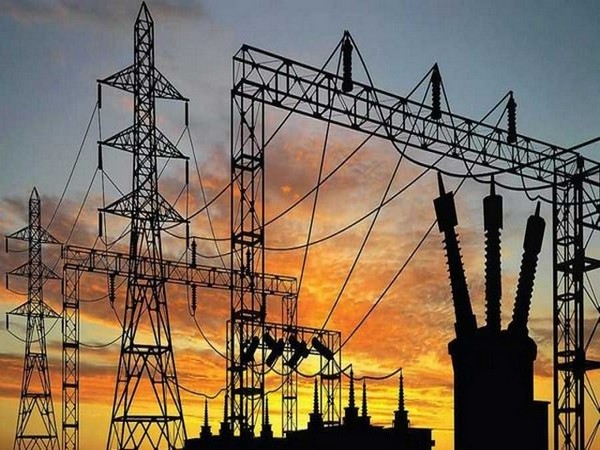Karachi Residents Protest Power Outages, Block Major Roads
Residents of Punjab Colony and Gizri in Karachi blocked major roads to protest against ongoing power outages. The protests caused significant traffic disruptions, prompting discussions between residents, police, and Karachi Electricity representatives. The protests are reportedly a reaction to the aggressive anti-theft crackdown by K-Electric.

- Country:
- Pakistan
Thousands of commuters were ensnared in massive traffic jams on major roads as residents of Punjab Colony and Gizri areas of Karachi protested against power outages by blocking both lanes leading to Boat Basin and Sunset Boulevard, according to Dawn. DIG-South Syed Asad Raza noted that residents blocked the main road near Punjab Colony on Tuesday morning.
Raza mentioned that dialogues were conducted with the protesters, and Karachi Electricity representatives were invited to resolve the issue. He stated that police refrained from taking action as the protestors remained non-violent. Another officer, South-SSP Sajid Amir Sadozai, added that the road was blocked for several hours. He further noted that similar road blockages occurred on Monday night near the Gizri underpass.
Similar protests have occurred on Mauripur Road and at Shaheen Complex roundabout over the last 24 hours. Demonstrations have also been reported in areas surrounding the Railway Colony, where outstanding dues exceed PKR 150 million.
A K-Electric spokesperson attributed the protests to resistance against an ongoing anti-theft crackdown. He alleged that the 'kunda mafia' was blocking roads and disrupting traffic to protect illegal connections and avoid settling outstanding dues. The spokesperson claimed that during a recent operation in Punjab Colony, KE teams faced violent resistance while removing illegal connections.
In August, K-Electric announced that Karachi consumers would face inflated electricity bills, with increments due to various adjustments. Bills for August included additional charges from earlier this year, while further adjustments for May, June, and later months would follow.
(With inputs from agencies.)










